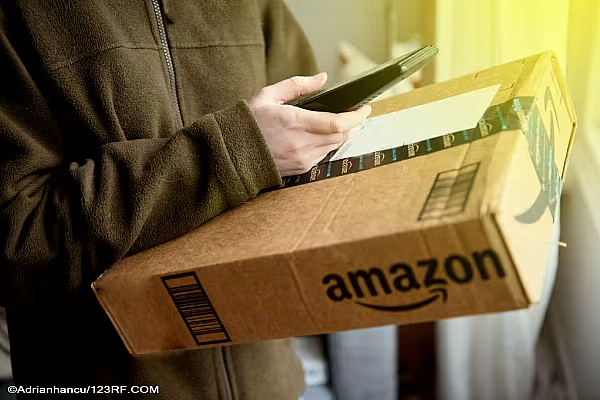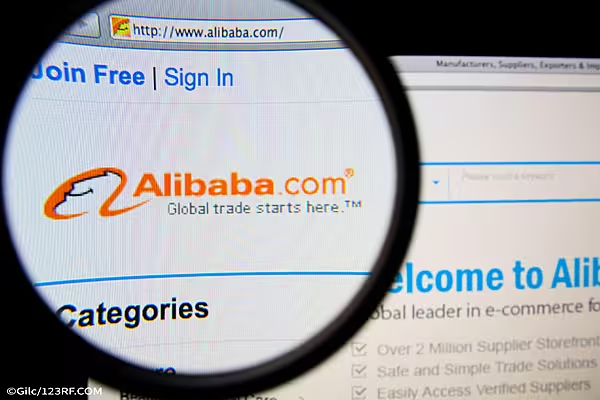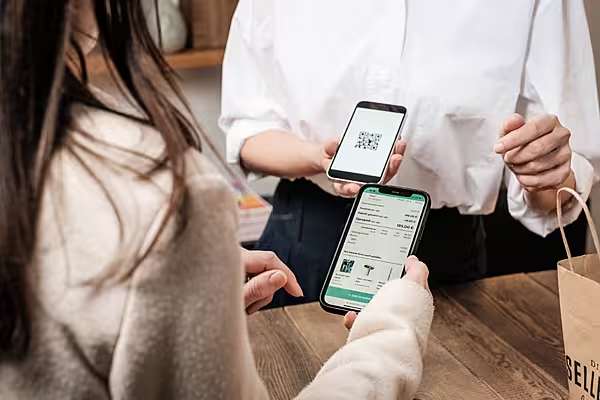Some 15% of European shoppers plan to do 'most' or 'all' of their shopping online going forward, a new survey on e-commerce habits by UPS has found.
The UPS Smart E-commerce Report 2021 surveyed more than 10,000 consumers across eight key European markets – the UK, France, Germany, Italy, Spain, Netherlands, Belgium, and Poland – in January, seeking to determine consumers' attitudes, values, and expectations towards e-commerce.
A separate study last month by The Economist Intelligence Unit found that while online shopping is likely to be in high demand going forward, operators in this sector will need to work harder to retain customer loyalty, while Euromonitor International estimates that e-commerce is set to account for half the growth in global retail between now and 2025.
Shopping Trends
The biggest shift was in the UK, according to the UPS survey, where expectations to buy 'most' or 'all' products online going forward online increased from 15% to 25%. The smallest increase, from 7% to 9%, was seen in Germany and Poland.
The survey also asked consumers to specify online versus in-store preferences across specific retail sectors.
The biggest move away from physical stores is likely to occur in the in household, cosmetics, and grocery categories, all of which saw an 8% drop when comparing pre-pandemic habits with post-pandemic expectations.
Increased Convenience
The report also examined the key factors why consumers would migrate to online sales channels, with almost half (48%) of respondents saying the convenience offered by online trumps having to purchase goods in store.
However, there were differences between the different countries surveyed, with consumers in the likes of France and Italy believing that the potential to find good deals online is of higher importance in terms of deciding to shop online.
Generational Differences
Another area examined by the survey was how attitudes towards e-commerce change across different generations.
Unsurprisingly, those aged 25 to 34, aka the ‘digital native’ generation, are more likely to continue shopping ‘all or mostly’ online once restrictions lift (23%) than those aged over 55 (10%).
The key motivators for this age group are ease and speed, the study found, although this was a key driving factor for online shopping across all age groups (41%).
Younger consumers are also more likely to gain enjoyment from the experience of online shopping, with 23% of 18-24 year olds citing this as a reason why they would choose this method in the future.
Delivery Partners
Respondents to the UPS survey placed a significant amount of value on a retailer's choice of delivery partner, with 85% surveyed designating the delivery partner as a key factor in the decision-making process of choosing who to shop with.
In terms of grocery retail specifically, retailers that look after the delivery from within their own organisation, giving them greater autonomy and accountability for the delivery, was deemed as important by respondents. Some
Some 41% of respondents said their experience with online shopping has made them more likely to choose a retailer that uses a reputable delivery service.
Sustainability Factors
Sustainability is an increasingly important factor in choosing to shop online, the survey found, with respondents having different expectations when it came to shopping with large retailers or smaller ones.
Respondents were more likely to want sustainable measures implemented by large retailers when compared with smaller ones, across a variety of areas such as low-emission vehicles, alternate delivery options, and minimum delivery charges.
Some 54% of respondents said that they expected large retailers to use sustainable packaging, compared to 50% for small retailers, while 48% said that they expected larger operators to use carbon footprint initiatives to offset deliveries, compared to 30% who had the same expectations of smaller retailers.
In conclusion, the study found that e-commerce is likely to play an increasing role in retail going forward, provided a retailer meets a shopper's exacting expectations.
'Customer choice remains influenced by multiple external factors, from a brand’s response to the pandemic to the tone and frequency of social media posts,' UPS said in its report. 'Brand loyalty is hard to come by yet easily lost, with just a single negative experience likely to deter a future purchase.
'With consumers placing such high importance on their retailer’s choice of delivery partner, it is more vital than ever that this remains a key consideration for retailers wanting to enhance customer experience.'
© 2021 European Supermarket Magazine – Article by Conor Farrelly. For more Technology news, click here. Click subscribe to sign up to ESM: The European Supermarket Magazine.














